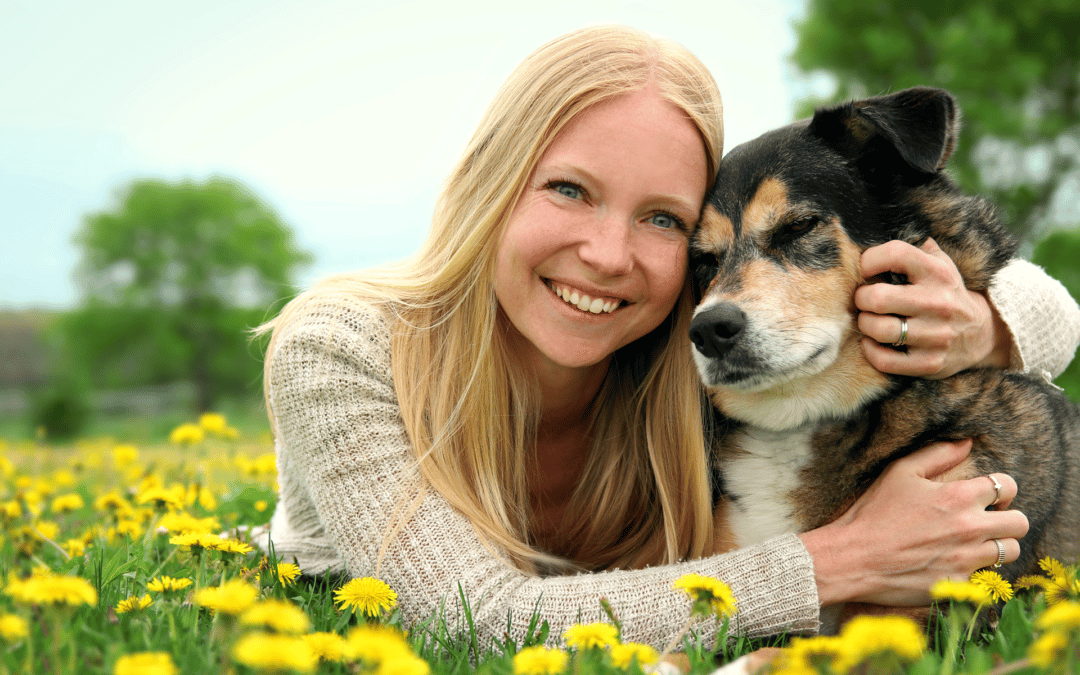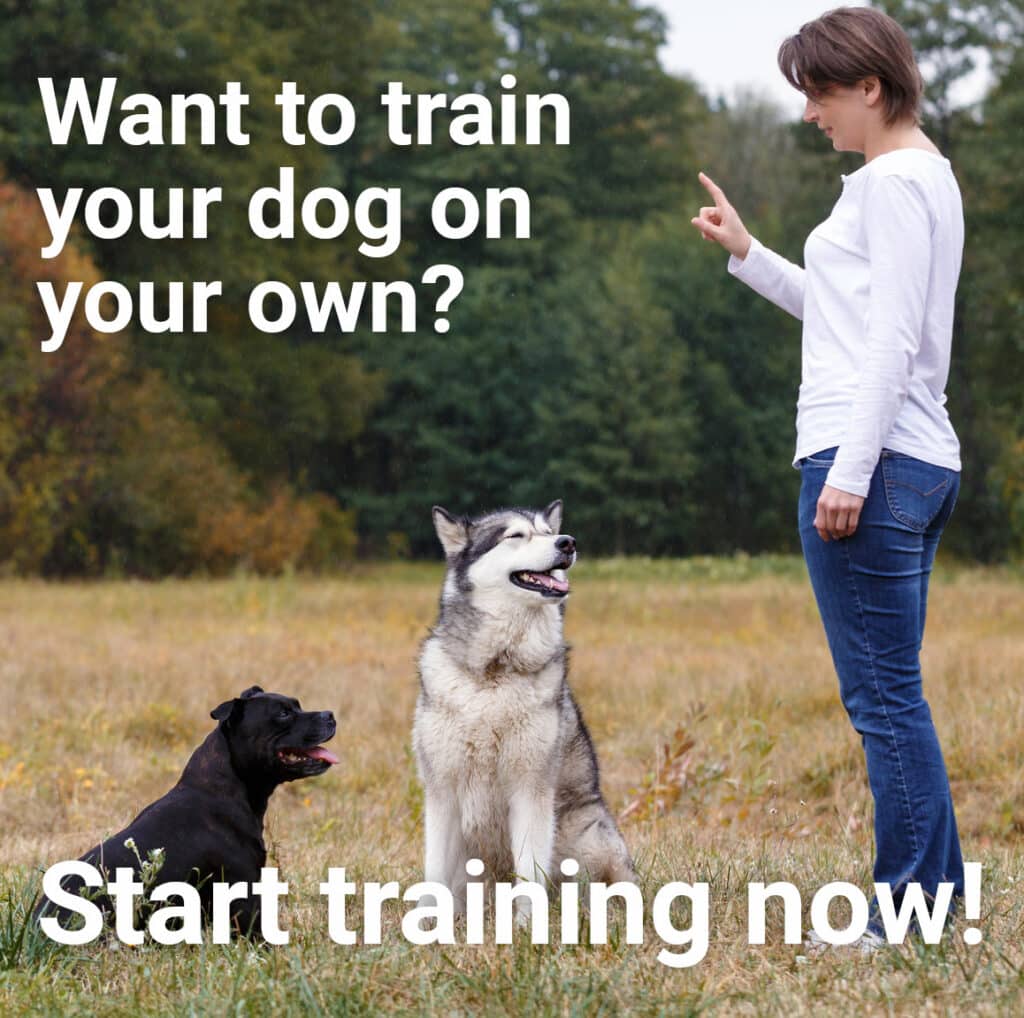When you are in a relationship that is frustrating you, you have a few choices.
- Walk away – just leave it behind you and don’t look back.
- Accept what is happening and decide to live with the consequences.
- Try to force the other individual to change, which often leads to increased conflict.
- Make changes in yourself in order to elicit change in the other.
Even when you talking about your dog these same rules apply, so let’s look at these options in relationship to your dog.
1. Walk away. Giving up is always an option, but is it best for you or your dog? Granted not all dog-human relationships are a match, just like you wouldn’t want to marry every person you date. So a precursor to this is to make sure the dog you bring home is a match for your life. Making the right match from the start will stop you from wanting to walk away. Plenty of dogs are abandoned each year because it’s a mismatch but sometimes dogs are abandoned because their people didn’t want to make the effort to change for the dog. Do we just keep giving up, or do we take the time, energy and effort to learn how to create successful changes? That’s up to you.
2. Accept what is happening and decide to live with it. Many people learn to manage their dog’s bad behaviors by avoiding the situations that trigger them. So your life becomes limited and smaller and so does your dogs, because management controls but doesn’t teach. Doubtful this is the vision you had of your life with your dog.
3. Try to force the other individual to change. By trying to force a dog to change, people often resort to using devices such as shock collars, choke chains, head halters, pinch collars and physical punishments. But in the end the dog is only being good to avoid pain and you have lost trust in your relationship. Trust is a vital part of all relationships and without it the relationship will not work. Frustration can lead to force, but what if you could learn to improve your relationship without frustration or force? A win-win for you and your dog.
4. Make changes in yourself in order to elicit change in the other – It is not reasonable to ask you to become a completely different person in order to have a good relationship with anyone. But there are always positive adjustments we can make in ourselves in order to create positive changes in our dogs. Dogs show us who we are and what we need to work on. Do you have the patience to teach your dog patience? Do you reward the behaviors you want your dog to repeat? Are you explosive in your corrections? Do you praise enough or too much? Remember that your dog can’t be different unless you are different.
All relationships take effort, 2 legged or 4 legged. Dogs are typically very sensitive to the world around them, so you need to learn to be sensitive to your dog’s actions and reactions. When your dog understands what you expect of them and what you are asking of them they become confident in their world. Your dog will listen to you better if you follow through with your instructions, and you are consistent in your expectations. It is when they don’t understand what you are asking that they become confused, insecure and behave badly.
When you create a proper balance of love, trust and respect, then two powerful things happen: your dog does what you ask, and instead of reacting to chase, bark, jump, bolt or bite, he looks to you first for direction. A confident leader has a confident pack.
Most people don’t practice proper drills and skills to teach their dog good manners. As any good tennis player, skier or gymnast knows, they don’t just show up for the competition and hope for the best, they practice so they are ready for what happens. In your training you need to set your dog up for understanding and success so that you are ready for real life when it shows up.
Good relationships take effort, and dogs are great at giving us another chance. We think it’s worth giving your dog another chance.

